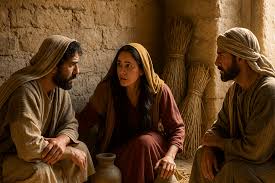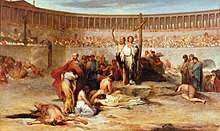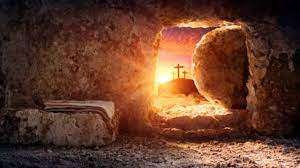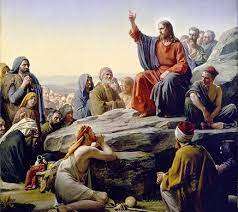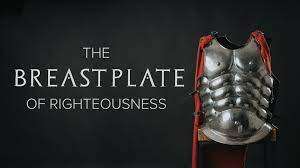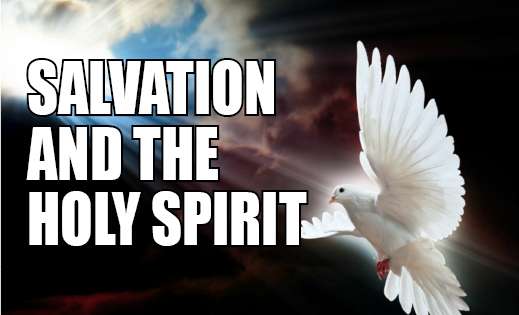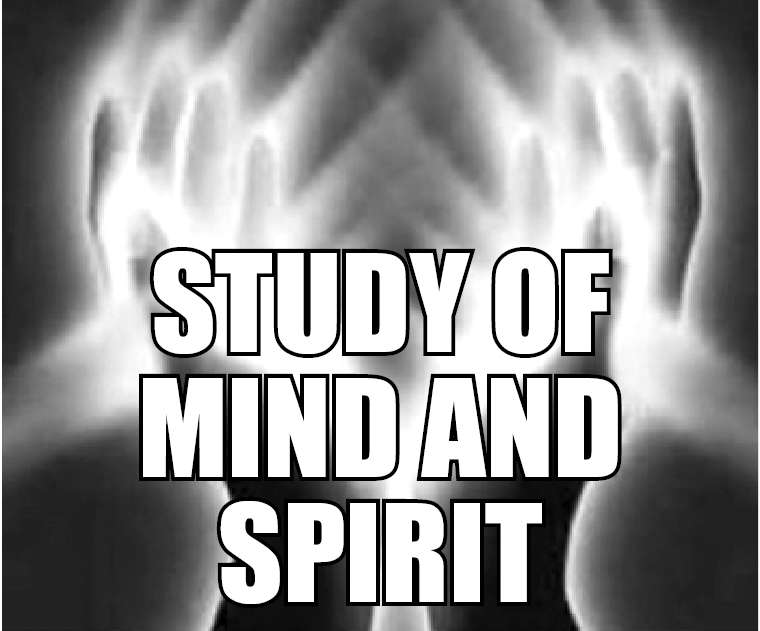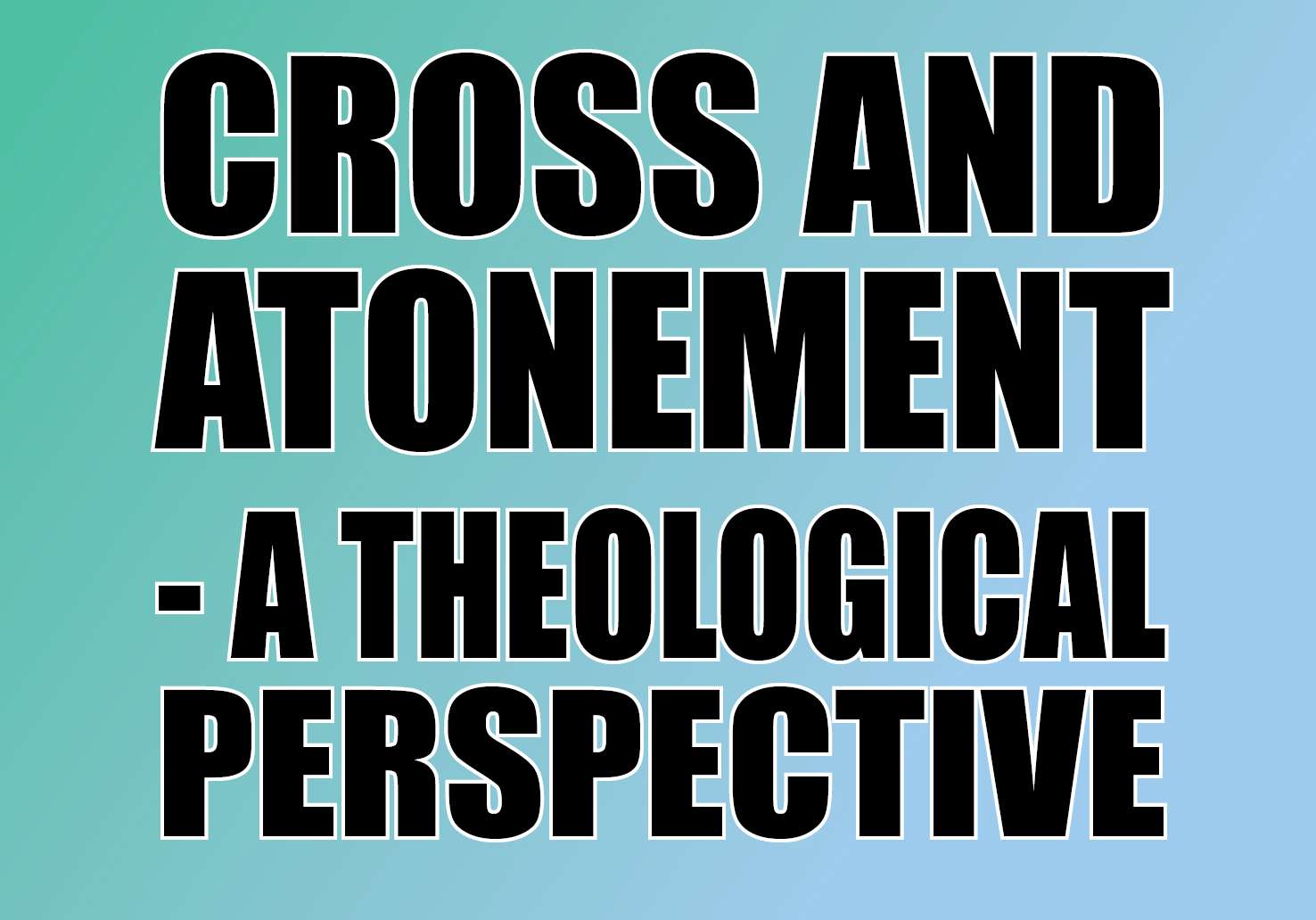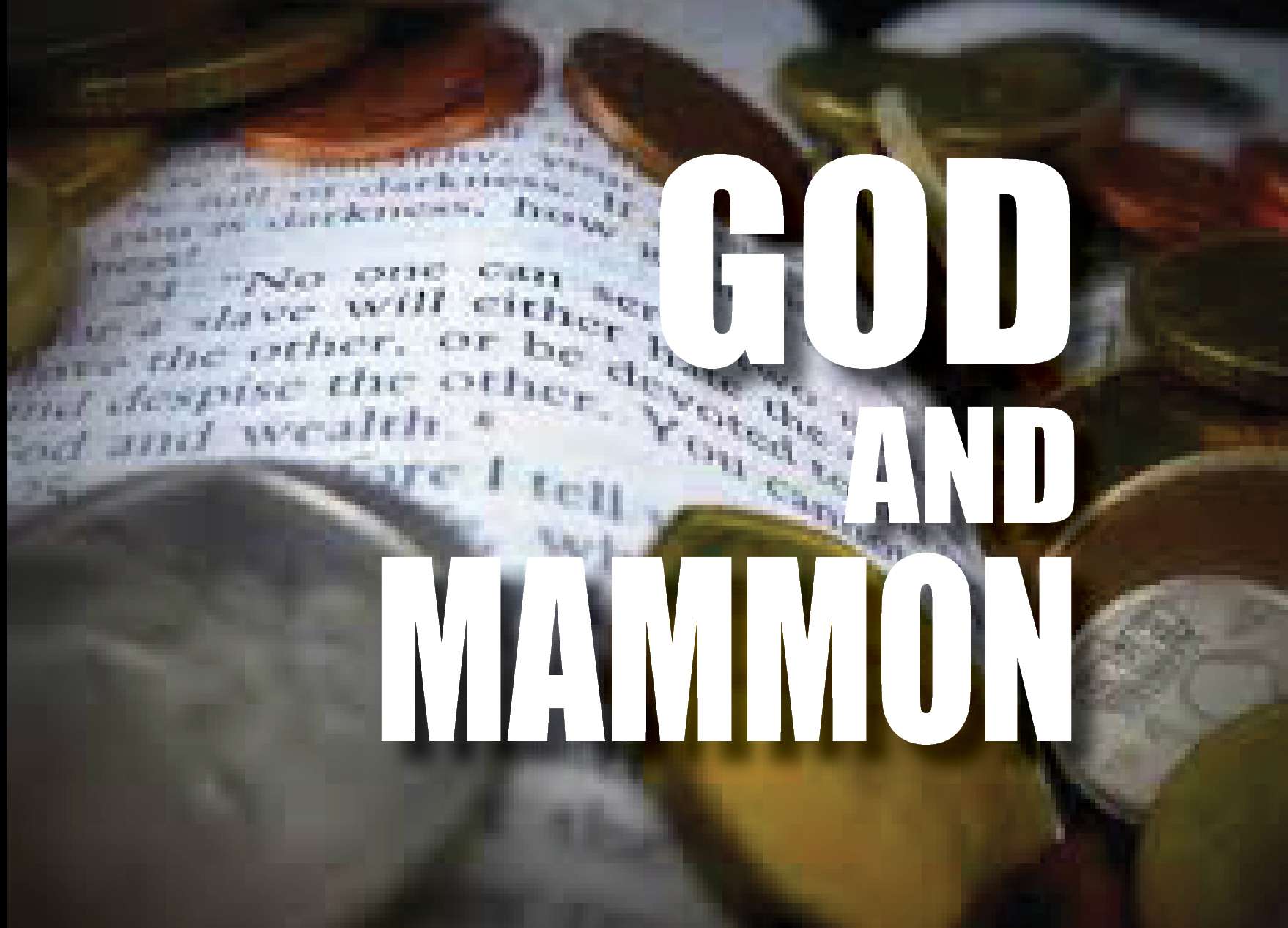

Holiness of Man Before the Fall
Dr. Domenic Marbaniang
We are told that the new man is created “in righteousness and true holiness” (Eph.4:24) in opposition to the old man of the post-Fall state who is “corrupt according to the deceitful lusts” (Eph.4:22). But, what about the pre-Fall human?
Dispensationalists, usually, refer to the Edenic age as the age of innocence. Some Bible teachers believe that Adam was created as innocent without sin and believe that this does not mean that Adam was created righteous and holy. They think that righteousness and holiness are positive characters that cannot be attributed to Adam in his pre-choice age. He was just innocent, devoid of any moral evil or sin. There are others, however, who believe that Adam was created both as righteous and holy. Some others have taught that Adam and Eve were clothed with divine glory at creation and had intimate communion with God; however, this glory was lost when they fell into sin; consequently, they found themselves naked and were ashamed.
The Catholic Church holds to the doctrine of original holiness before the Fall. It contends that Adam and Eve were created in an original state of holiness and justice, a grace of sharing in the divine life. The Catechism of the Catholic Church states that “By the radiance of this grace all dimensions of man's life were confirmed. As long as he remained in the divine intimacy, man would not have to suffer or die.” Adam’s disobedience brought him into a state of original sin, which the Catholic Church regards as the loss of the grace of original holiness.
It is important for us to understand what holiness is in order to assess man’s status before the Fall.
State of Being “According to God”
In the biblical sense, true holiness is not merely external but internal and spiritual. It is the character of the Triune God and the new man created according to God (Eph.4:24). In fact, nothing can be holy apart from God and anything is only holy in being “according to God”. Therefore, we are told to be holy as God is holy (1Pet.1:16). This holiness does not consist in external appearances but in a spiritual character of trust in God, in “the hidden person of the heart, with the incorruptible beauty of a gentle and quiet spirit, which is very precious in the sight of God.” (1Pet.3:4). Peter tells us that this is how “holy women” adorned themselves (1Pet 3:5), focusing on the internal beauty of holiness. Paul also tells us to offer our bodies as a living sacrifice, “holy and acceptable to God” and exhorts us to not be conformed to the world but be according to God, knowing and pursuing His good, acceptable, and perfect will (Rom. 12:1,2). Thus, holiness cannot be understood apart from God. Holiness always consists in being in the perfect will of God, in being according to God. Sin, on the other hand, is being and acting against God.
In that sense, we can conclude that God created everything in accordance to Him and not against Him; thus, as holy. Therefore, He could see everything that He had made as “very good” in the pre-Fall world (Gen.1:31). Obviously, “good” and “holy” go together as in “the law is holy, and the commandment holy, and just, and good” (Rom.7:12). What is good in God’s sight cannot be unholy in His sight. This goodness of holiness conforms to God’s principle of moral purity and uprightness.
State of Being Useful for the Master
However, holiness is not a constitutional character of any created thing. Something is always only holy by virtue of its acceptance before God. While things may be holy or common depending on their consecration for particular use, humans possess the freewill to choose to purge themselves and “be a vessel for honor, sanctified and useful for the Master, prepared for every good work.” (2Tim.2:21). In fact, holiness should only be understood in relation to being set apart to be “useful for the Master”. In the post-Fall state, humans became autonomous and selfish, focusing mainly on what is or what is not useful to them; thus, becoming dead to God, to His will, and to what is acceptable and useful to Him. However, when God had made the world, He had created all things in accordance to His will and for His pleasure (Rev.4:11). When Eve decided to use the fruit of the tree of knowledge of good and evil for her own God-disproved “good”, and gave it also to Adam who conformed with her wish, they rendered the holiness of “use” profane, selfish, autonomous, and carnal, thus plunging humanity into the dark world of sin, suffering, and selfishness. Holiness, use, and the will of God are deeply connected; therefore, the Scripture exhorts: “and those who use this world as not misusing it.” (1Cor.7:31). Ultimately, any form of misuse only results in destruction. Something ought to be used only for what it has been created.
In the pre-Fall era, however, humans were in conformity to God’s use and purposes. Adam was doing what God was expecting him to do when He placed him in the garden, brought the animals to him, and created Eve from his side. He was not misusing his body and God’s world that God brought to him, but was functioning in accordance to God’s purposes. His body belonged to God, the world belonged to God, the garden with all its trees and creatures belonged to God. His body submitted to God’s work of creation and he heartily accepted the woman that God created out of his body and brought before him. God’s command to Adam not to eat of the tree of knowledge asserted God’s ownership over the garden and God’s expectation from Adam to work there in accordance to the guidelines set by God. He could not just take whatever he wanted from the garden unless God granted him the permission. And, since the worker deserves his wages, God had also granted Adam the freedom to eat of the fruit of every tree in the garden except the tree of knowledge. Adam and Eve, however, misused their position. Their crime of disobedience was multi-dimensional: it constituted irreverence towards God and His will, it was theft (as it took of what did not belong to them and was not permitted to them), it was covetousness (as it involved the desire for what was not their own); it was also murder (as it involved the crime of deicide or murder of God through hatred towards His word and His character; no man can serve two masters but will love one and hate the other, and so by ceasing to serve God they had openly announced their spiritual hatred for God); it was also spiritual adultery (as they chose the devil’s advice over God’s command, committing a breach of faith and treason by associating with the enemy), it consisted of false testimony (as they submitted to the devil’s false accusation against God) and also the sin of paternal dishonor (for God was their father (Luke 3:38)). This criminality of humanity displayed its ultimate vice when the Father sent His only Son, the true heir, and the keepers of the garden decided to kill the Son in order to put an end to the very reality of Divine usefulness. They said, “Let’s kill him, and the inheritance will be ours.” (Mark 12:7). God created all things for His Son and that is the ultimate purpose of all things (Col.1:16). Christ is the heir of all things. Humanity’s attempt to get rid of Christ, God’s heir, was the ultimate attempt to take over God’s world. God’s ultimate sense of the use of the world is defined by its subjection to His Son. That is the end of all creation (Eph.1:10; Phil.2:9-10; Col.1:20). Man’s dream to have the world all for and to himself will never be realized. Christ is the Lord and every knee shall bow and every tongue confess that He is Lord. And, those who live in Him will reign with Him.
Submission starts with our spirit and body when we realize that they belong to Christ and ought to be kept and used in submission to His will.
“for you are bought with a price. Therefore glorify God in your body and in your spirit, which are God's.” (1Cor.6:20)
“For this is the will of God, your sanctification: that you should abstain from sexual immorality; that each of you should know how to possess his own vessel in sanctification and honor... For God did not call us to uncleanness, but in holiness.(1Thess.4:3-7)
In Conclusion
Adam and Eve were created in a state of divine acceptance. Before the Fall, they were set apart unto a position in God’s garden and it is obvious that Adam submitted to God’s will and fulfilled God’s expectations. They were not afraid of God’s presence until they had fallen into sin, which signifies that they had a clear conscience before God before the Fall and enjoyed free communion with God. Their body and spirit was in holiness before God. The human world was sinless until sin entered through Adam’s disobedience. Ezekiel 28:15 may also apply to Adam and Eve: “You were blameless in your ways from the day you were created until unrighteousness and evil were found in you.”

